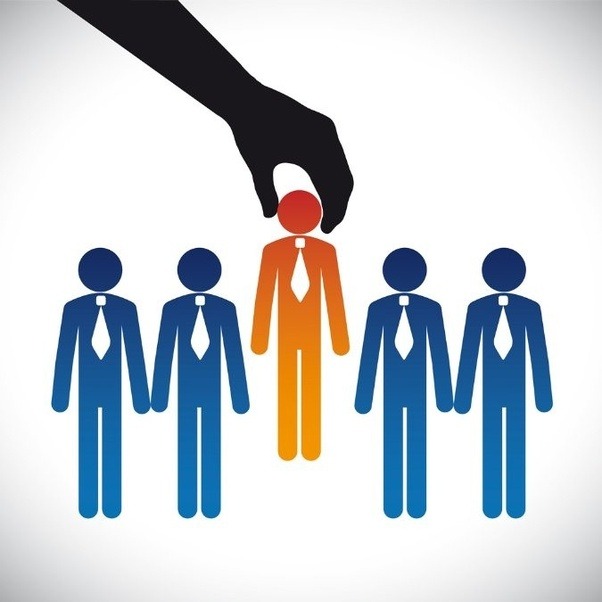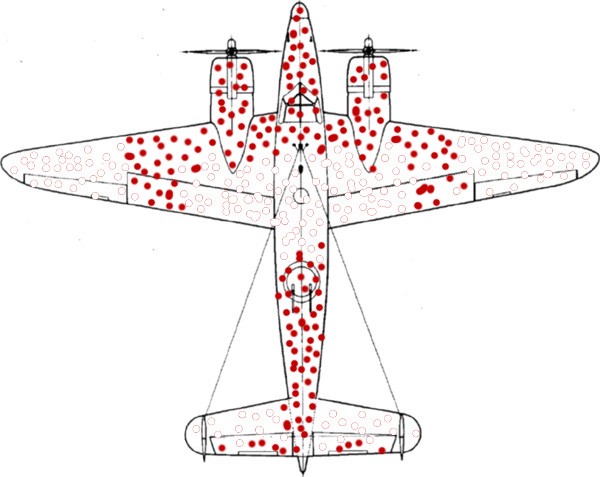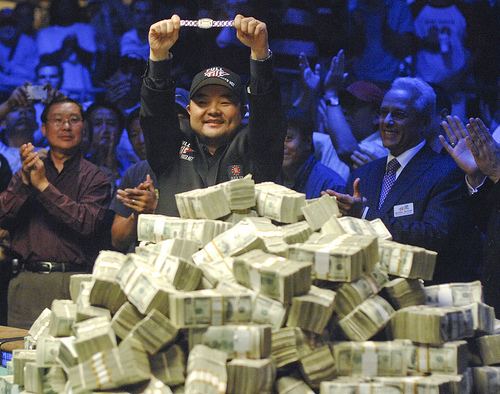Our latest non poker theory to help poker players reminds us to not judge the big winners too favourably.

One of the real gifts poker has given me is that it has been a great jumping off point to learn things from other disciplines like economics, AI, psychology and Game Theory. So here is a series of articles where I bring some of the most interesting things I have learned from other subjects outside of poker which are applicable in this game we know and love.
So far in this series I like to think I have introduced a few theories you may not have heard of, but today I am going to discuss one I think it is incumbent for poker players to understand, and that is the Survivor Bias.
This is a logic error where we concentrate on people or things that have survived a selection process and look upon them too favourably, while ignoring non-survivors because they are not easily visible.
We see examples of this all the time, especially when we are lauding successful business people or celebrities. We see people like Bill Gates and assume he has the winning formula to life and if we followed his example we too would become rich and successful. Indeed you often see successful people selling self-help entirely on this premise. What this doesn’t account for, however, are all the people with similar stories, intelligence and drive who didn’t make it to the top in their field. For all we know Bill Gates just got luckier with his timing than a Gill Bates with a similar backstory.
Other common examples include old music seems better because only the greatest hits still get played (none of the stinkers), old people bragging about getting to 100 having smoked every day claiming it’s not harmful (because most of the smokers are dead by then) and generally people selling investment advice lean towards the fund managers who have so far done well (because the ones who went broke were nowhere to be seen).
We don’t see the losers
A really interesting example of Survivor Bias came in World War II when the US Military was looking at how to minimise the number of planes that were getting shot down. They looked at the bullet holes in the aircrafts that came back from missions and deducted that they needed to give them stronger armour in the parts of the plan where they were shot consistently. However statistician Abraham Wald cleverly pointed out that the Military was not privy to the areas on the plane that got shot causing the plane to crash, because the crashed planes never made it back for them to see those areas. Therefore it was most likely the parts of the planes that did not get shot on the returning planes were the parts that should be reinforced.

You probably see day-to-day versions of the Survivor Bias on Facebook. Facebook and Instagram by all accounts are giving young people mental health issues because when you look at your feeds all you see is snapshots of your friends looking sexy and having fun on holiday. It makes you feel like everyone is living the life of a Kardashian while you are at home eating toast watching Game of Thrones. The reality is that people only post the fun stuff on those social media channels, and leave out the embarrassing and mundane stuff that makes up 99% of their life.
The survivors in poker

You have probably guessed why this is all relevant to poker. The Survivor Bias has greatly skewed our conception of who the big winners are in poker, which is a dangerous proposition when you factor in the luck element of the game.
Maybe the best example of that is tournament winners, most notably the Main Event. Chris Moneymaker may forever be the most famous person ever to win the Main Event, but that doesn’t mean he was anywhere near the best player in the tournament (by his own admission, far from it). I recall hearing Greg Raymer say he won 16 coinflips in a row on his way to winning the Main Event the following year. Then of course you have Jamie Gold and Jerry Yang who are commonly considered the worst players to ever win the title. We all know this in poker, but the outside world looking in does not. Even more consistent winners are enjoying Survivor Bias. We all know Justin Bonomo is an amazing player but he would also probably agree he ran above expectation this year, no doubt several players played as well as he did this year but didn’t win the crucial pots.
Then generally looking at the culture of poker it is easy to assume that everyone is winning all the time. As I’ve written recently the serious poker community is a small but vocal minority of the people who play poker, and also the ones winning the money. Poker content and discussion on forums is all created by and aimed at winning players, it completely ignores the 90+% of people who like to play a few Spin & Go tournaments on their iPhone before bedtime. So when you are down on your luck and watching YouTube videos of Jeff Gross or Andrew Neeme doing cool things on the poker tour, it’s easy to feel like you are the only one missing out.
I have a long held belief that anyone who plays poker for more than a few months will have run above expectation when they first started, because nobody would keep playing a game they don’t know how to play and are running badly in. We’ll never know who the best player in the world could have been because they probably lost with set over set three times the one week they tried the game, so they never learned how to play. Therefore if you are reading this, you are one of the survivors.
What theories from outside of poker have really helped you with your game? Let us know in the comments:
Related
source https://casinonewsblogger.com/news-gto-poker-theories-the-survivor-bias/

No comments:
Post a Comment